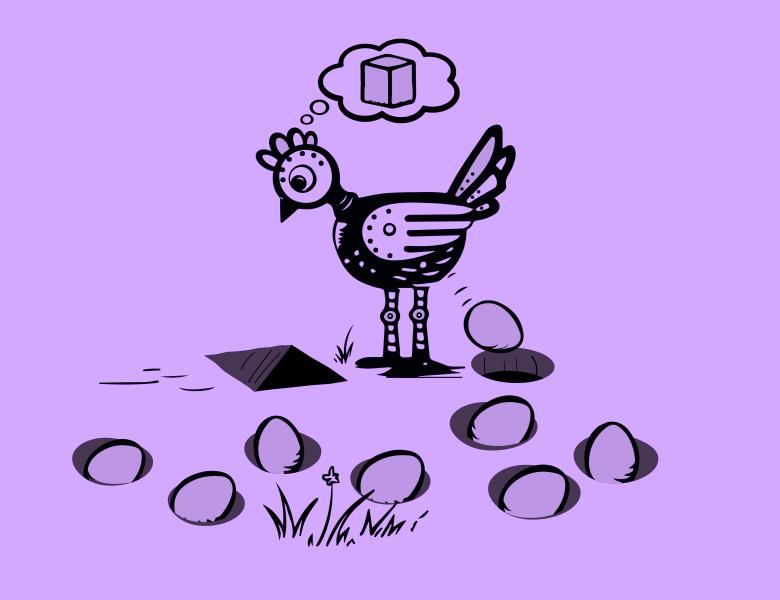
Abstract
As AI agents interact with their environments, they may fail to generalize due to conditions at interaction time differing substantially from the given training data. This talk will provide a perspective on these challenges from the world of robotics.
We will explore how robotic behavior cloning — teaching a robot to imitate from example demonstrations — in continuous state/action spaces differs from agents which take in and produce discrete tokens, such as LLMs. By combining ideas from control theoretic stability, generative sampling oracles, and a couple tricks from statistics, we introduce a framework for behavior cloning that enables an agent to imitate nearly arbitrary behavior with provable guarantees, even when the dynamics governing the agent and environments interaction are nonlinear and defy classical control-theoretic notions of stability. We conclude with some emerging empirical methodology that might lead to more generalizable, general-purpose robot agents.


